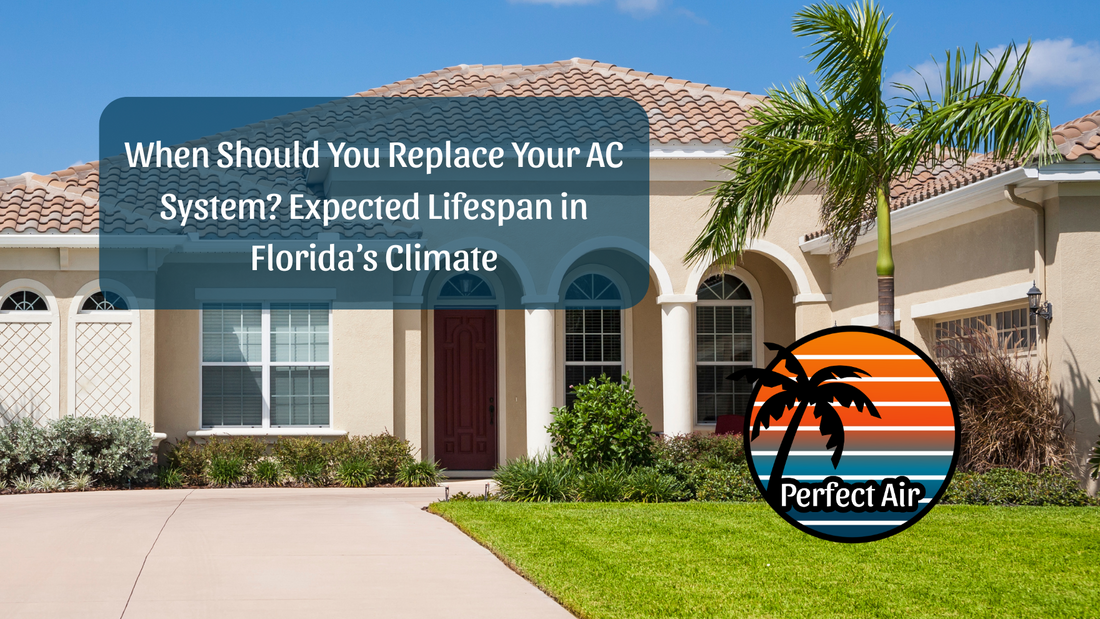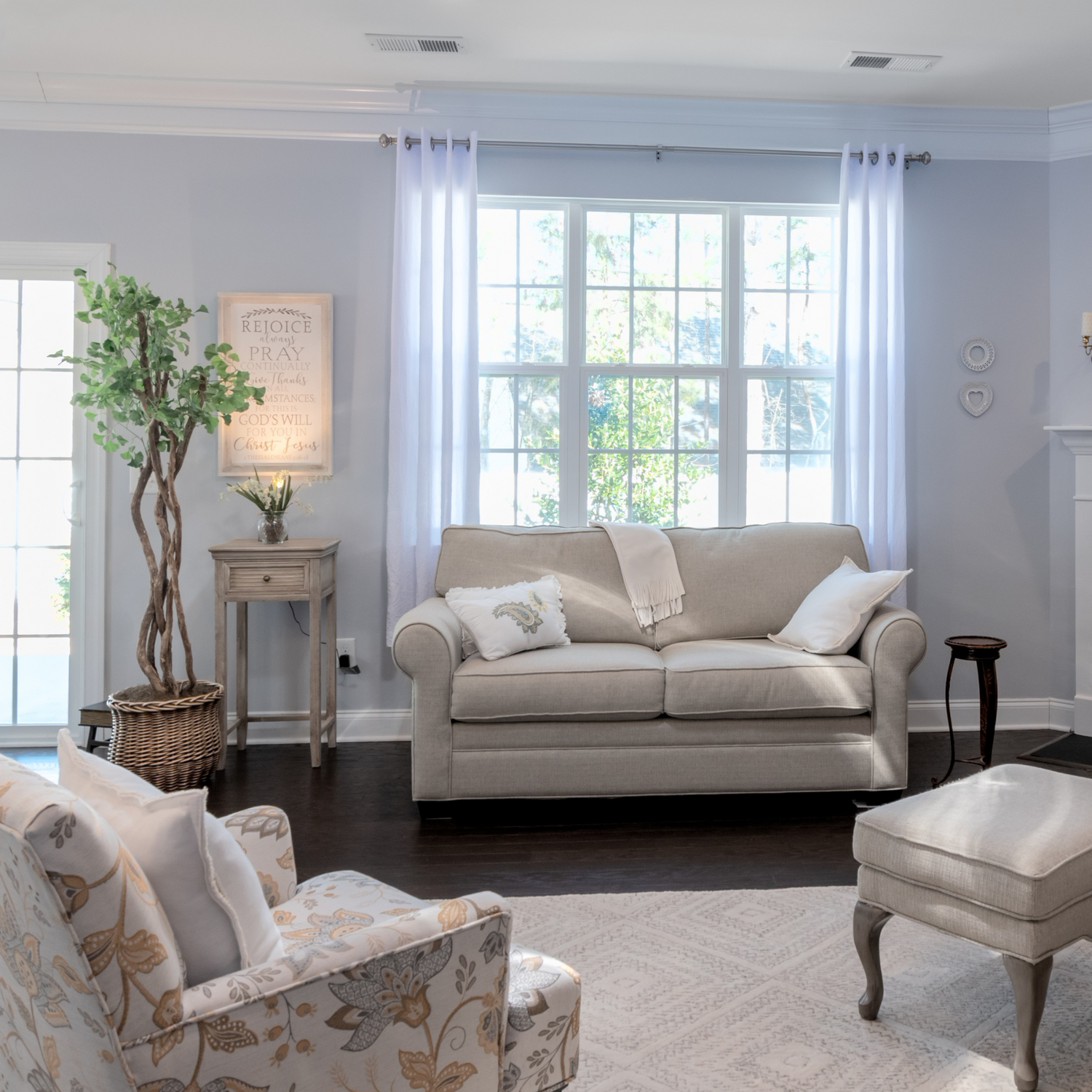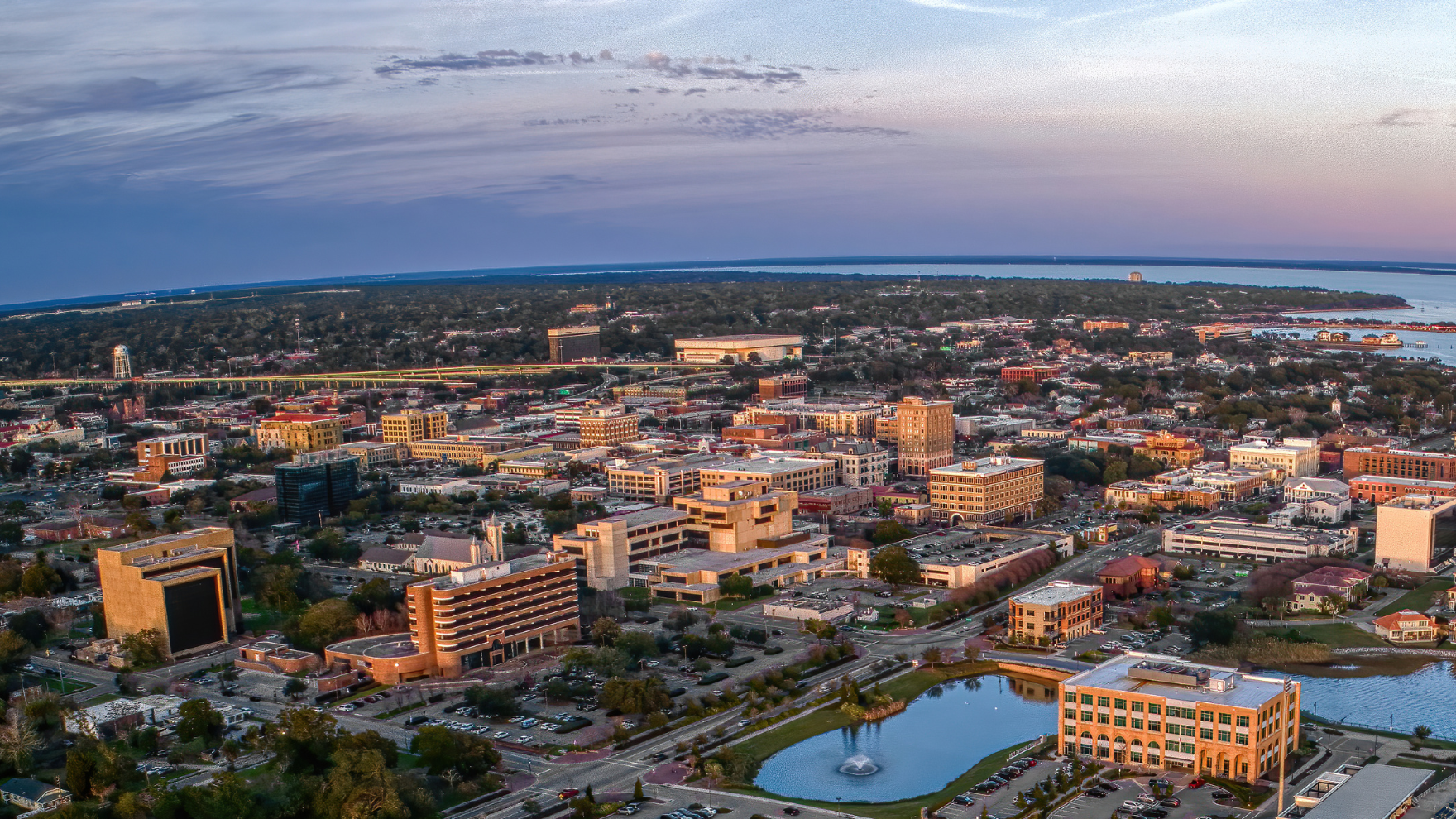
When Should You Replace Your AC System? Expected Lifespan in Florida’s Climate
Share
If you live in Florida, you know your air conditioner works harder than almost anywhere else in the country. With the hot, humid climate and year-round demand, your AC system doesn’t just cool your home—it keeps it livable. But just like any appliance, your AC won’t last forever. So, how long does an AC system last in Florida, and when should you replace it?
In this post, we’ll cover the average AC lifespan in Florida, the warning signs of a failing system, and when it’s smarter to invest in a replacement instead of constant repairs.
Average AC Lifespan in Florida
In most parts of the U.S., air conditioners last about 12–15 years. But in Florida’s hot, humid climate, that lifespan is shorter. Because your AC runs almost year-round, the average AC lifespan in Florida is about 8–12 years.
Several factors affect how long your system lasts:
- Maintenance: Regular tune-ups extend your AC’s life.
- Usage: The more often it runs (which is often daily in Florida), the faster it wears down.
- Installation quality: A properly sized and installed system performs better long term.
- Brand and model: High-quality, energy-efficient systems typically last longer.
Signs It’s Time to Replace Your AC
Even if your AC hasn’t completely failed, there are warning signs that it may be time for a replacement instead of more repairs:
1. Your AC is 10+ years old: If your system is approaching or past the 10-year mark, replacement is often more cost-effective.
2. Frequent breakdowns: If you’ve had multiple service calls in the past year, the repair costs may outweigh the benefits.
3. Rising energy bills: Older units lose efficiency over time. A new, energy-efficient system can lower cooling costs by 20–40%.
4. Uneven cooling or high humidity indoors: Struggling AC systems often fail to keep your home consistently cool and dry.
5. R-22 refrigerant system: If your AC uses outdated R-22 refrigerant, replacement is usually the best option since it’s no longer produced.
Benefits of Replacing Your AC in Florida
While the upfront cost of a new AC system may seem high, the long-term savings and comfort are worth it:
- Lower utility bills with high-efficiency models.
- More consistent cooling during extreme summer heat.
- Improved indoor air quality and humidity control.
- Peace of mind knowing your system can handle hurricane season and Florida’s long summers.
Final Thoughts
In Florida’s climate, AC systems typically last 8–12 years with proper care. If your system is older, inefficient, or breaking down frequently, it may be time to consider a replacement. Investing in a new, energy-efficient system will not only keep your home comfortable but also save you money in the long run.
If you’re unsure whether to repair or replace, schedule a professional inspection with us. We can help you determine the best option based on your system’s condition and your home’s cooling needs.



